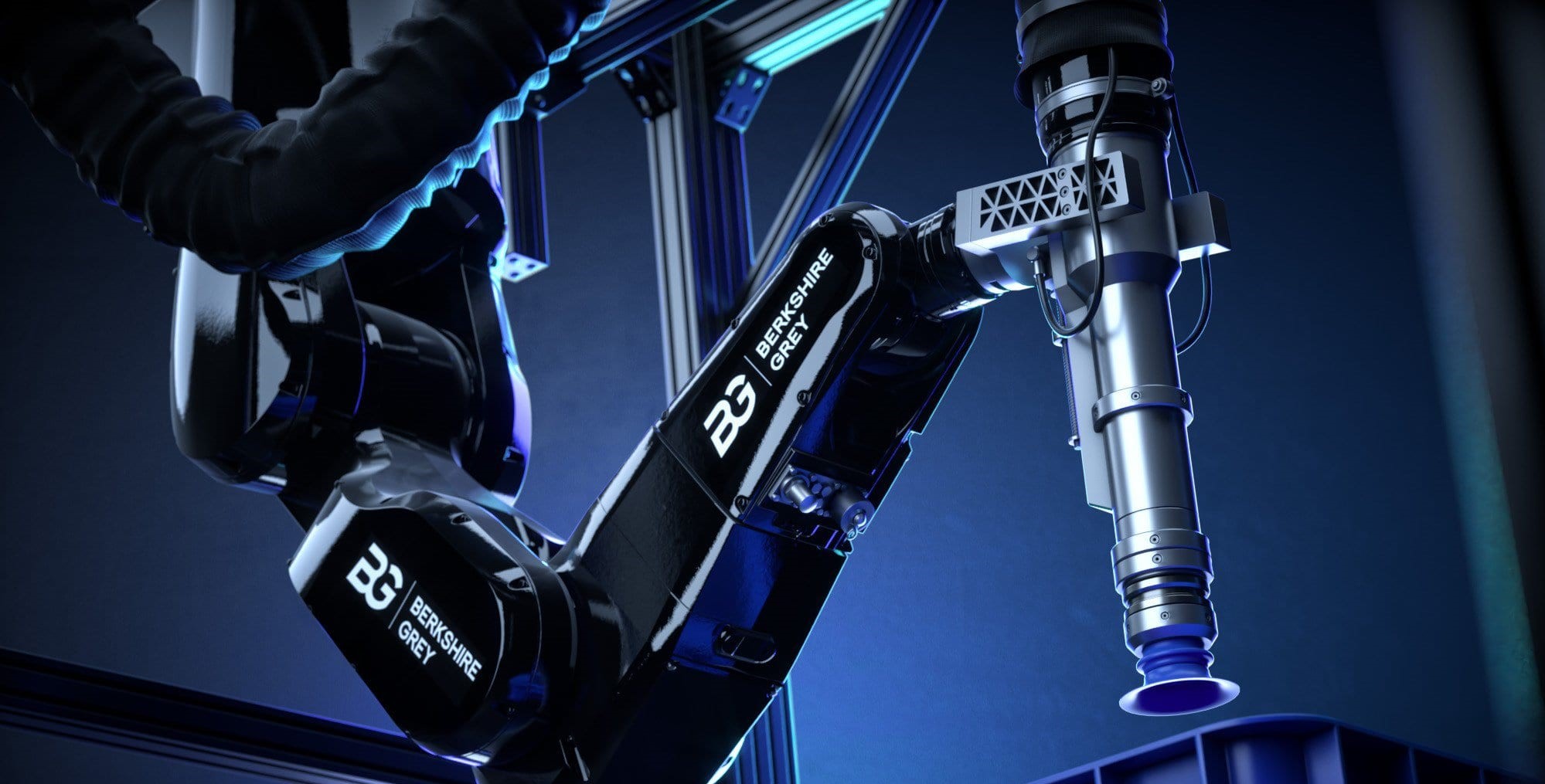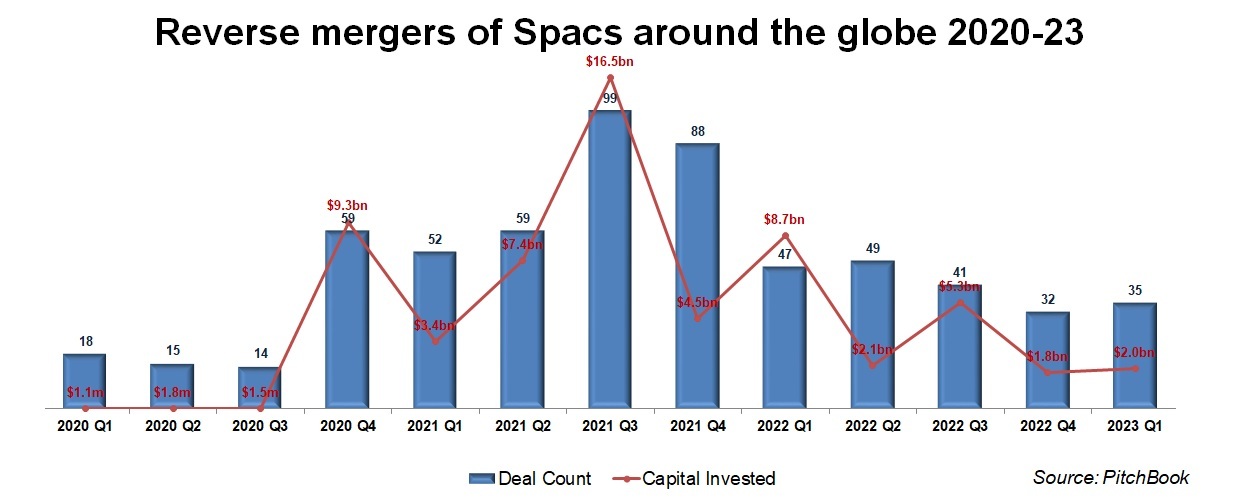
SoftBank Group agreed this week to acquire portfolio company Berkshire Grey at a hefty discount, illustrating the issues the internet and telecommunications group has had with its investments.
The transaction will involve SoftBank, which reportedly owns a 28% stake, buying the shares it does not already hold in the publicly listed supply chain robotics producer for $375m, or $1.40 per share. Those shares were around the $10 mark when it listed on Nasdaq in a reverse merger in mid-2021.
SoftBank has been the largest corporate venture investor by some distance in recent years, but Berkshire Grey is just another example in a string of big losses spurred by weak public markets, losses that totalled $5.8bn in the last quarter of 2022 alone.
On paper, Berkshire Grey seemed like a viable investment. It emerged from stealth in 2018 with an intelligent robotics system which could automate tasks like picking, sorting and moving packages in warehouses.
SoftBank led its $263m series B round two years later, and in early 2021 it was among the investors providing $165m in financing at a $2.7bn valuation to support the merger with special purpose acquisition company Revolution Acceleration Acquisition Corp.
Unlike some of SoftBank’s larger investments, there was a strategic element to this deal. Berkshire Grey’s pick-and-pack technology was used by SoftBank’s e-commerce fulfilment subsidiary, SB Logistics. The company also announced supply agreements with the likes of chain retailer Bealls and logistics providers FedEx and Ceva.
But, although Berkshire Grey’s order backlog continued to climb, reaching $265m this month, it could not get its systems out fast enough. It revealed a $100m order backlog at the start of this year, almost equal to its $103m net loss in 2022. Chief executive Tom Wagner seemed to indicate this week there were few alternatives left to the company.
“After a thoughtful review of value creation opportunities available to Berkshire Grey, we are pleased to have reached this agreement with SoftBank, which we believe offers significant value to our stockholders,” Wagner said in a press release announcing the deal.
“SoftBank is a great partner and this merger will strengthen our ability to serve customers with our disruptive AI robotics technology as they seek to become more efficient in their operations and maintain a competitive edge.”
The cut-price acquisition of Berkshire Grey highlights the issues with reverse mergers, which reached a peak in late 2021 (see chart below) before declining to a fraction of their volume in a bear market for publicly listed businesses. That spells trouble for an investor like SoftBank which has so much of its money tied up in those companies.

The scale of SoftBank’s investing since it launched its first Vision Fund, which eventually closed at $98.6bn, is such that it has two dozen portfolio companies in the logistics sector alone, and results have been mixed.
The likes of on-demand courier Delhivery, food delivery service DoorDash and fulfilment services provider JD Logistics have experienced large valuation drops in the past 18 months in line with other tech companies. But warehouse robotics have generally paid off for SoftBank.
The corporate paid $2.8bn for a 40% stake in Norwegian warehouse robotics producer AutoStore which is now worth roughly $3.6bn. SoftBank invested $200m in a similar company, Symbotic, when it listed through a reverse merger in June 2022, and its share price has since doubled.
SoftBank CEO Masayoshi Son has said he believes smart robotics and AI technology will eventually take over not just manufacturing and industrial work but employment in general, and the growth of machine learning and generative artificial intelligence could expand the potential of robotics to cover a far wider range of tasks in warehousing alone.
The group has bet big on consumer-facing companies like Uber and WeWork over the years and lost billions as a result, but perhaps robotics, automation and AI could prove more lucrative. If SoftBank can get Berkshire Grey to fulfil its promise, it could yet convert it from a considerable lossmaker to a shrewd investment.
Photo courtesy of Berkshire Grey
